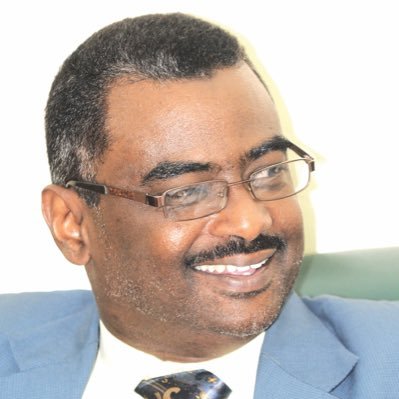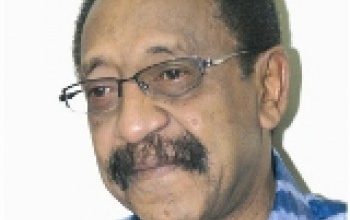
By Dr. Yasser Mahjoub Al-Hussein
International Powers: Interests and Ambitions
The international ambitions and stances towards Sudan reflect a mixture of geopolitical and economic interests, making it a prime target for intervention by major powers. The United States, through its so-called “creative chaos” policy, seeks a fragmented Sudan or, at best, a weak one that cannot assert itself. This would make it easier for the U.S. to seize its resources and utilize them for its own benefit, particularly to the exclusion of rivals like Russia and China.
If this is not achieved through war — which presents a favorable opportunity — the U.S. has previously used diplomatic interventions and economic sanctions imposed at various times to weaken Sudan.
As for China, it has significant interests in Sudan, particularly in the fields of energy and infrastructure. Over the past two decades, China has been Sudan’s largest trading partner, having heavily invested in the oil sector before and after the secession of South Sudan in 2011. However, China’s interests in Sudan have rarely been tied to political or military intervention.
Russia, on the other hand, seeks to expand its influence in Sudan, particularly in military and security sectors. Russia has shown interest in establishing a military base on Sudan’s Red Sea coast, reflecting its ambitions to expand its presence in Africa through Sudan and maintain a foothold in warm waters.
It is worth noting that Russia has supported Sudan in international forums, particularly in facing Western sanctions and curbing U.S. interventions. This has strengthened cooperation between the two countries in areas like arms trade, giving Sudan a chance to balance its relations with international powers.
Keys to Peace and Stability
The most crucial keys to peace and the return of stability in Sudan lie in strengthening national unity, which has been at its strongest in response to the rebellion of the Rapid Support Forces (RSF). The peak of popular support for the Sudanese army came with the formation of what became known as the Armed Popular Resistance, which played a significant role in the army’s recent victories. These victories served as a diplomatic lever both regionally and internationally and led to a noticeable shift in the U.S. stance on the crisis, albeit a tactical one for the time being.
It is expected that Al-Burhan and his military aides will expedite the formation of a civilian transitional government with specific tasks. These include building peace, addressing the crisis of displaced persons and refugees, undertaking reconstruction, developing clear plans for political transition, and preparing for free and fair elections.



